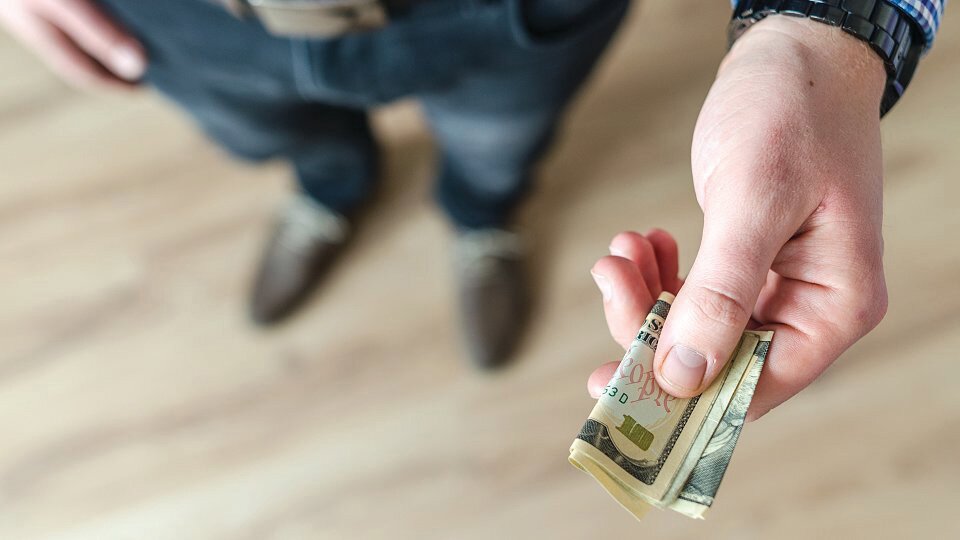Altruism as an Investment
Mom and I were walking around Seattle on a rare sunny morning. We just hopped off the ferry and pursued through Pike Place Fish Market. I had $10 in my pocket from chores around the house and absolutely no intention of spending it on any stinky fish. I was 7 or 8, so the bill was earmarked for candy, Pokémon cards or a toy I’d get bored with after a day.
Instead, I crumbled it up, dropped it in a homeless man’s open guitar case and ran off.
On the ferry ride home, Mom asked why I got nothing. I lied and said I lost it, and I never told a soul (all until now, obviously).
I was in for a lecture definitely, but I was committed to the bit. It was the first time I donated my money, not merely handing off a bill handed to me like some middleman when the offering bin was passed around during mass. I was modest, sure, but there is an intrinsic joy in donating and knowing that your actions have brightened the day for another person.
It feels good to give. It’s what makes the holiday season so special.
If people want to give anonymously, great. If people want to give and bring attention toward a good cause, even better. But I find it icky when people only donate to prop up their own self-image.
This is why I was captivated by the trial of Sam Bankman-Fried, a cryptocurrency mogul charged with money laundering, wire fraud, securities fraud and conspiracy to commit fraud. He also had an impressive philanthropic record.
“I’m in on crypto because I want to make the biggest global impact for good,” Bankman-Fried said in an FTX ad in The New Yorker.
Indeed, Bankman-Fried has been painted as an “effective altruist,” characterized as a dogmatic “utilitarian.” The radical Robin Hood only earned to donate and donated by whatever means necessary.
Michael Lewis – acclaimed author of “The Big Short” and “Moneyball” – agreed in his latest book, “Going Infinite,” which he wrote as a “letter to the jury” that he autographed in an empty room of the courthouse where Bankman-Fried’s trial took place. Bankman-Fried was painted as a misunderstood genius whose heart was too big for his chest.
Earlier this month, Bankman-Fried was convicted on all seven counts.
What I found so icky was how, in nearly every interview, Bankman-Fried guided the conversation to his philanthropic philosophy. He did the same when he took the stand during the trial. It was revealed in the trial that billions of dollars of donations were siphoned off from unsuspecting customers and investors. The prosecution proved his moral stance, if noble on paper, was egregiously disingenuous. The jury must have felt icky, too.
He allegedly remarked that political donations have the largest return out of all investments in the United States.
Bankman-Fried is only the most prevalent, recent example of weaponizing altruism. Pablo Escobar was once a beloved benefactor in Colombia. Bernie Madoff, the architect of the largest known Ponzi scheme, was a prominent philanthropist, serving as a board member of multiple nonprofit charities.
Why? For political capital? For PR? For clout chasing? Regardless, the truth always catches up to those who try donating bounced checks.










